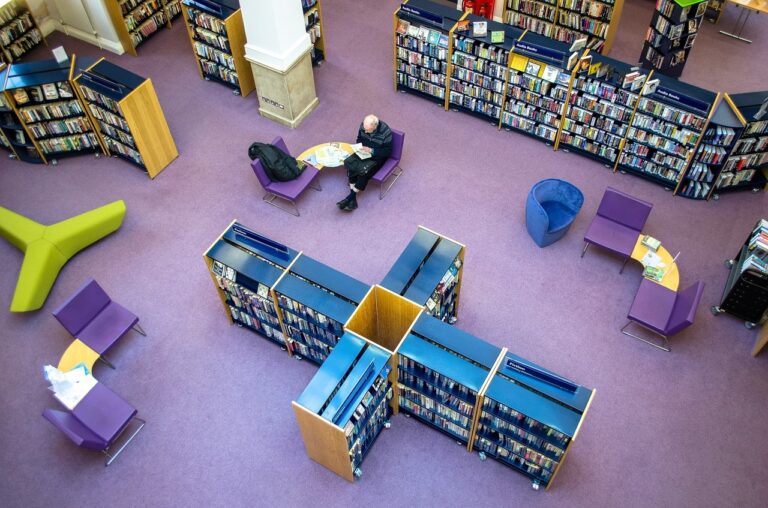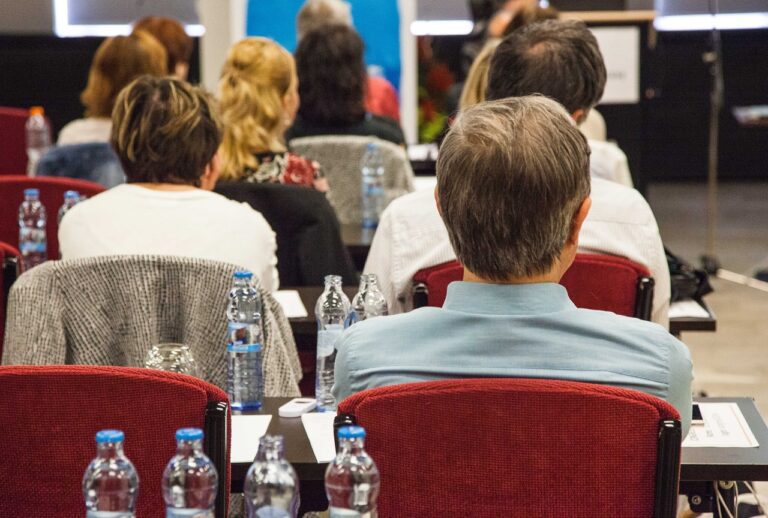Strategies for Promoting Restorative Practices in Educational Settings
Restorative practices encompass a range of strategies that aim to repair harm and strengthen relationships within a community. One key component is the focus on building a sense of accountability among individuals involved in conflicts. By encouraging individuals to take responsibility for their actions and make amends, restorative practices help foster a culture of understanding and empathy.
Another crucial element of restorative practices is the emphasis on effective communication and active listening. By creating a space for open dialogue and respectful exchange, conflicts can be addressed in a constructive manner, leading to mutual understanding and positive outcomes. Building strong communication skills and promoting empathy are essential aspects of restorative practices that contribute to creating a supportive and inclusive community.
Building Relationships with Students
Building relationships with students is crucial for creating a positive and productive learning environment. Taking the time to get to know each student individually can foster trust and mutual respect. By showing genuine interest in their thoughts, feelings, and experiences, educators can establish a strong foundation for effective communication and collaboration in the classroom.
Furthermore, building relationships with students can help address any behavioral issues that may arise. When students feel valued and supported, they are more likely to engage in class activities and follow guidelines set by the teacher. By building a sense of community and partnership with students, educators can create a safe and inclusive space where learning can thrive.
What are the key components of restorative practices in building relationships with students?
The key components of restorative practices include creating a safe and supportive environment, facilitating open communication, promoting empathy and understanding, and fostering a sense of accountability and responsibility.
How can teachers effectively build relationships with students?
Teachers can effectively build relationships with students by showing genuine care and interest in their well-being, actively listening to their concerns and perspectives, providing support and encouragement, and being consistent and reliable in their interactions.
Why is it important to prioritize building relationships with students?
Building relationships with students is important because it helps create a positive and inclusive classroom environment, enhances students’ social and emotional development, improves academic outcomes, and fosters a sense of belonging and connectedness.
How can restorative practices help improve relationships between students and teachers?
Restorative practices can help improve relationships between students and teachers by promoting trust and understanding, resolving conflicts in a constructive manner, and empowering students to take ownership of their actions and behavior.
What are some practical strategies for implementing restorative practices in the classroom?
Some practical strategies for implementing restorative practices in the classroom include conducting restorative circles or conferences, using restorative language and approaches in disciplinary situations, and incorporating restorative principles into daily interactions and routines.





